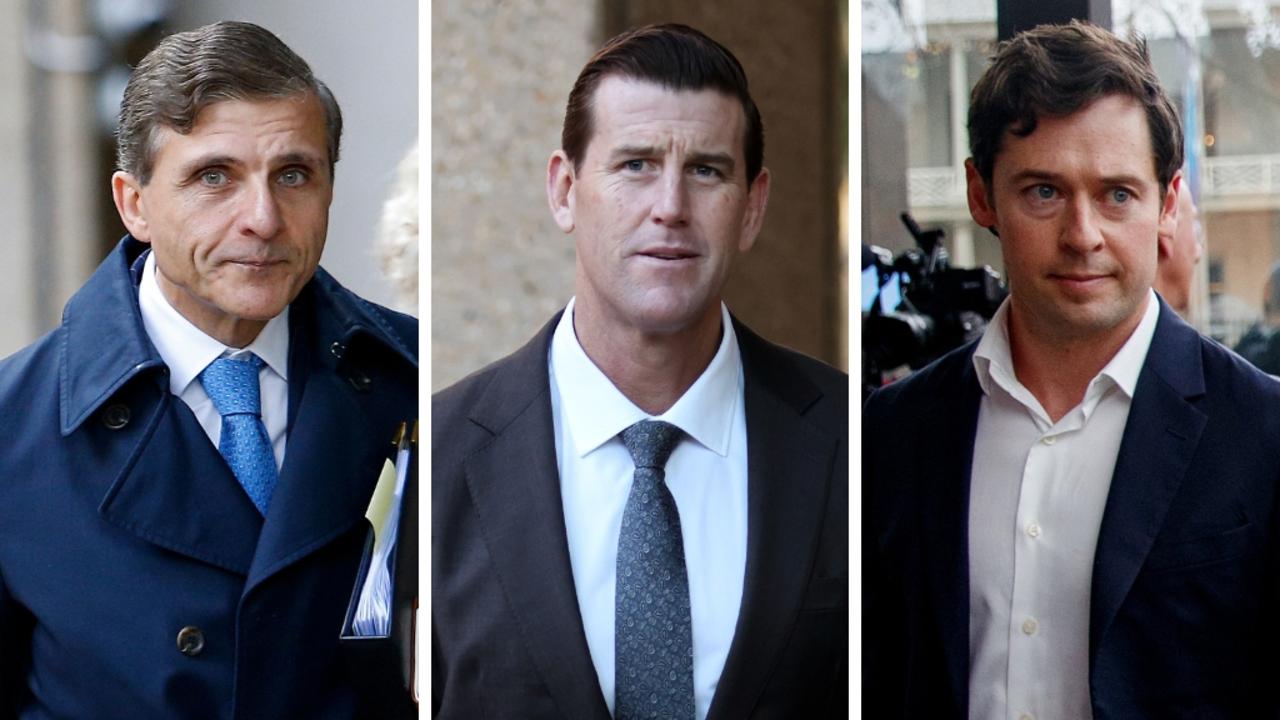Meta spreads fake news in Canada and Australia could be next
The move to block Facebook news stories in Canada sparked a spread of misinformation. The closure of a dedicated news section in Australia is likely to have similar consequences.

Meta’s decision to block all news articles from Facebook in Canada last August resulted in a worrying spike in the spread of disinformation and misinformation on the social media platform there, as concerns grow that the closure last week of the site’s dedicated news section in Australia will have similar consequences.
While Australians can still see news content on Facebook for now, via shared articles, Meta – the parent company of Facebook and Instagram – has refused to rule out deploying a blanket news ban on the platform here, as it has done in Canada.
Canadian Heritage Minister Pascale St-Onge, who has ministerial carriage of the issue in her country, met with Communications Minister Michelle Rowland last month to discuss the matter.
“Canadians and people all over the world rely on digital platforms to access their news and information, but these tech platforms have to act responsibly and support the news sharing they and citizens both benefit from,” Ms St-Onge told The Australian last week.
“Facebook continues to make an unfortunate and reckless choice to block news on their platforms. Facebook is leaving disinformation and misinformation to spread on their platform, while choosing to block access to reliable, high-quality, independent journalism.

“I have encouraged Canadians to go directly to local news outlets and support Canadian journalists.
“Without fact-based news, Facebook is just leaving room for misinformation during need-to-know situations like wildfires, emergencies, local elections and other critical times for people to make decisions on matters that affect them. Canadians expect tech giants to pay their fair share for news.”
Last year, the Canadian government passed legislation – the Online News Act – that is based on the news media bargaining code in Australia, and requires big tech companies to pay publishers for the use of their news content.
In response to the passage of the law, Meta blocked all news on Facebook and Instagram in Canada as a means of trying to avoid regulation by the Canadian Radio-television and Telecommunications Commission.
Meta announced on March 1 that it would not renew its existing deals to pay Australian publishers for news content that features on Facebook when those agreements, signed in 2021, expire later this year.
The Albanese government has indicated it is likely Meta will be “designated” under the terms of the news media bargaining code, but won’t move on that front until after major media groups have made submissions to the Australian Competition and Consumer Commission about their interactions with the tech giant, and its importance to the local media landscape.
Should Meta be designated under the code, it would be required, under Australian law, to return to the negotiating table.
Ms St-Onge’s concerns about the dire consequences of the news blackout in Canada are shared by Ms Rowland, who told The Australian on Sunday: “Australians rely on the news media for information about the issues that affect their lives, be it anything from politics to consumer affairs to emergencies.
“Trusted and accurate news underpins the health of our democracy, economy and society – and around half of all Australians use social media to access news.
“When Meta cuts off access to news, they remove the trusted, accurate information that is the antidote to the misinformation and disinformation which flourishes online.
“Australians were justifiably outraged when Facebook blocked access to news, as well as emergency information and other support services, when it ‘unfriended’ Australia in 2021.
“It is a complete dereliction of duty for Meta to cut off access to the news media that Facebook users deserve, simply to avoid paying news publishers fair remuneration for their content.”
While Meta is refusing to pay for news, Google has agreed to contribute $100m per year, indexed to inflation, to support news sustainability in Canada. It’s understood Google is still negotiating the renewal of payment-for-news deals with various news companies in other countries, including Australia.
A Meta spokesman said: “Most of the recent debate about how news content works on our platforms has included unfounded statements that not renewing commercial news deals would result in an increase in misinformation and disinformation on Facebook.
“There has been no evidence or data to suggest this.”






To join the conversation, please log in. Don't have an account? Register
Join the conversation, you are commenting as Logout